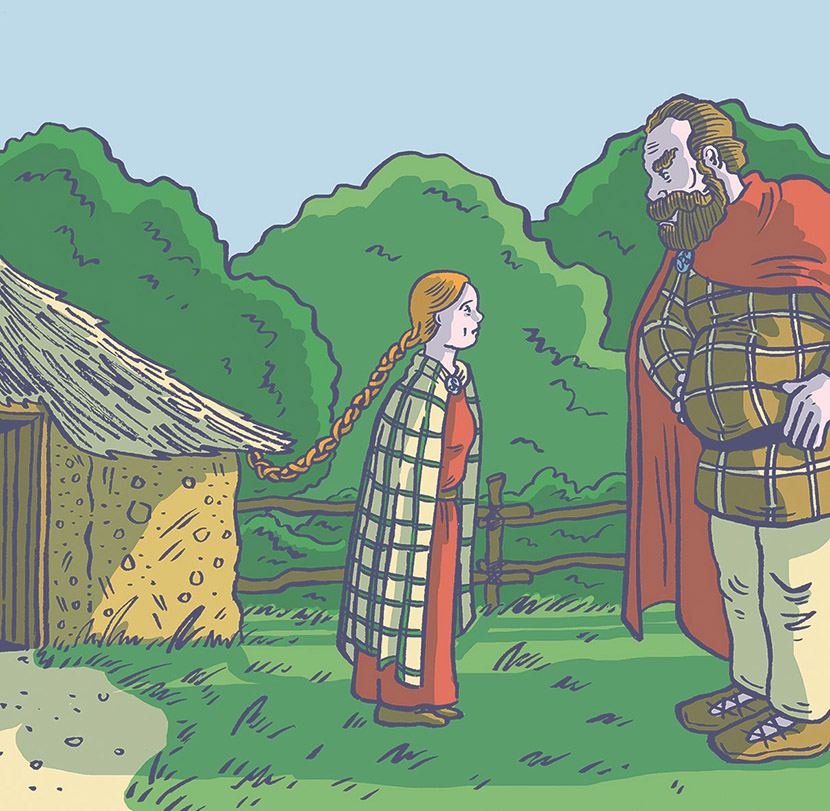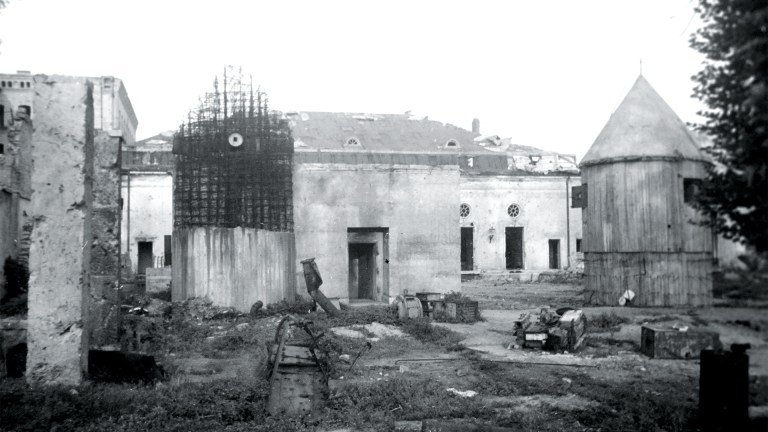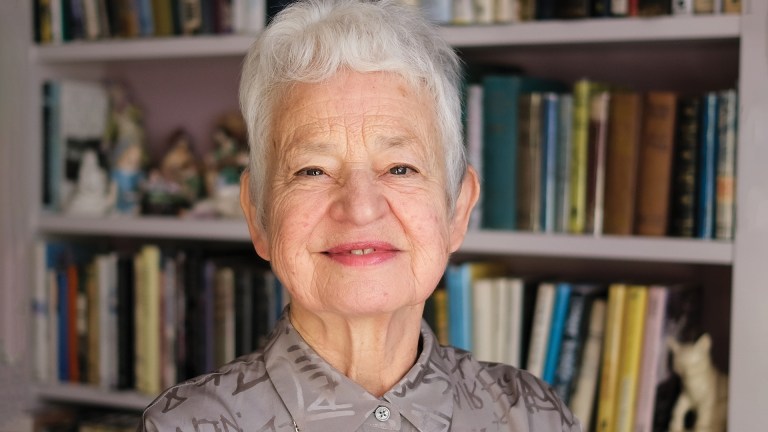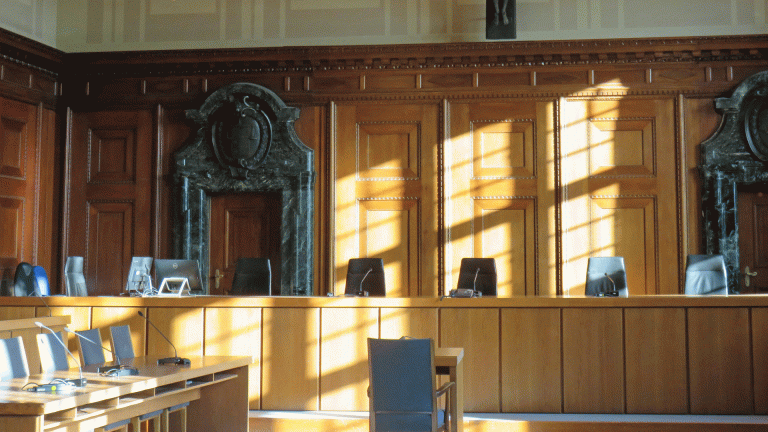I’m a sucker for any book that uses resonances between the past and the present as a central theme. This week we have two very different books in style and content, but they both give a wonderful sense of the continuation of human interaction with the environment over time.
The first is the succinct and sublime Ghost Wall by Sarah Moss. Set around 20 years ago, it tells a seemingly simple story of a group of archaeology enthusiasts who spend some time camping in the Northumberland wilderness, attempting to recreate as much as possible the Iron Age way of life. The novel is narrated by teenager Silvie, whose father is an amateur expert, a bus driver by day and a keen historian by night. Also in the group are Silvie’s somewhat beleaguered mother, a professor from a local university, and a group of research students.
The story is very short at only 149 pages but it packs an incredible emotional punch. It opens with a flashback to Iron Age times, with the sacrifice of a young woman by her tribe, and that dramatic beginning hangs heavily over everything that follows, as tensions within the group simmer then eventually boil over into aggression and bitterness.
Key to the novel is Silvie’s relationship with her bullying and domineering father. It’s clear from the outset that he is controlling and closed-minded, and as they delve deeper into the ancient way of life, his confidence in his own authority becomes stronger and stronger. He is also a stickler for authenticity in attempting the recreation of Iron Age living, something the research students make fun of, and that conflict, as well as the class differences that arise from it, is another source of tension that always threatens to explode.

Moss depicts the connections between the people and the landscape with wonderful and lyrical precision, not a word is wasted on the page in her supple prose, and she is also expert at revealing her characters through the tiniest act or gesture.
Ghost Wall is a masterclass in the ‘less is more’ style of writing, creating unbearable tension right up to the violent climax. What’s more, those resonances between history and today are powerful and deeply troubling. Moss tackles patriarchy, misogyny and the abuse of power with understated skill, and collapses the millennia to reveal an eternal problem.









